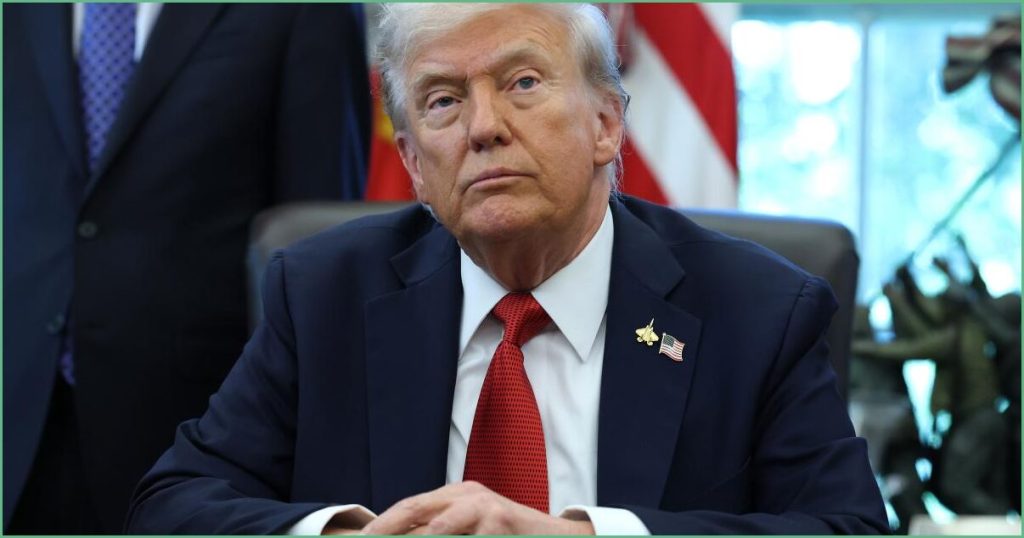Trump Denies Financial Times Account That He Told Zelensky Putin Would “Destroy” Him
President Trump flatly rejected a Financial Times story that painted his meeting with Ukrainian President Volodymyr Zelensky as a dramatic confrontation. The FT called the encounter a “shouting match” and reported that Trump warned Zelensky Putin would “destroy” him if he did not capitulate.
From a Republican vantage this reads like a classic example of a media outlet chasing a sensational angle instead of presenting verifiable facts. The article leans on unnamed sources and dramatic language that demand skepticism before being accepted as truth. Voters deserve evidence, not anonymous claims shaped for clicks.
Anyone who covers diplomacy knows meetings can get tense without being scandalous, and strong disagreement is not the same as betrayal. Labeling a normal exchange a “shouting match” wraps routine friction in melodrama and changes how people feel about the participants. Context matters, and context is exactly what those anonymous briefings rarely provide.
The alleged line about Putin ready to “destroy” Zelensky is explosive by design and would require solid proof if it is to affect policy or public opinion. If that wording came from a reliable transcript or an authoritative witness, the world should see it. Until then this claim sits in the rumor bin and should be treated accordingly.
Republicans who back the president will note his track record of negotiating hard while insisting on American interests first. That posture is not the same as urging another leader to give in to a rival; it is about leverage and outcomes. Misrepresenting negotiation tactics as moral failures is bad faith reporting.
Good journalism includes named sources, documentation, and the chance for rebuttal before narrative-building begins. The FT published an account that amplifies a damaging image without offering readers the full documentation. That is not accountability; it is a punchy headline dressed up as a scoop.
Leaks like this also arrive in a charged political environment where opponents have incentives to weaponize every private exchange. Political rivalries motivate many modern leaks, and that reality should make editors and readers more cautious. Spin wins attention, but it does not always equal truth.
If the conversation really contained threats or surrender language, there would be diplomatic and legal consequences worth exploring through official channels. The responsible way forward is for relevant records to be made available to Congress or a proper investigative body. The public deserves facts so policy debates rest on reality, not rumor.
Between sensational headlines and political theater, ordinary Americans lose trust in both the press and public institutions. When outlets trade nuance for outrage, they fuel polarization instead of illuminating events. A healthy republic needs reporting that informs rather than inflames.
So what happens next is straightforward: those who made the claims should back them up and officials should provide clarity, whether that means documents, witnesses, or formal statements. Readers should watch for substantiation and be wary of narratives built on unnamed voices. The story will only matter if proof supports the charge.
Republicans will press for transparency and resist a rush to judgment based on sensational reporting. Defending due process and demanding the underlying evidence are not partisan niceties; they are practical steps to protect institutions. Keep an eye on the record, not just the headlines.



